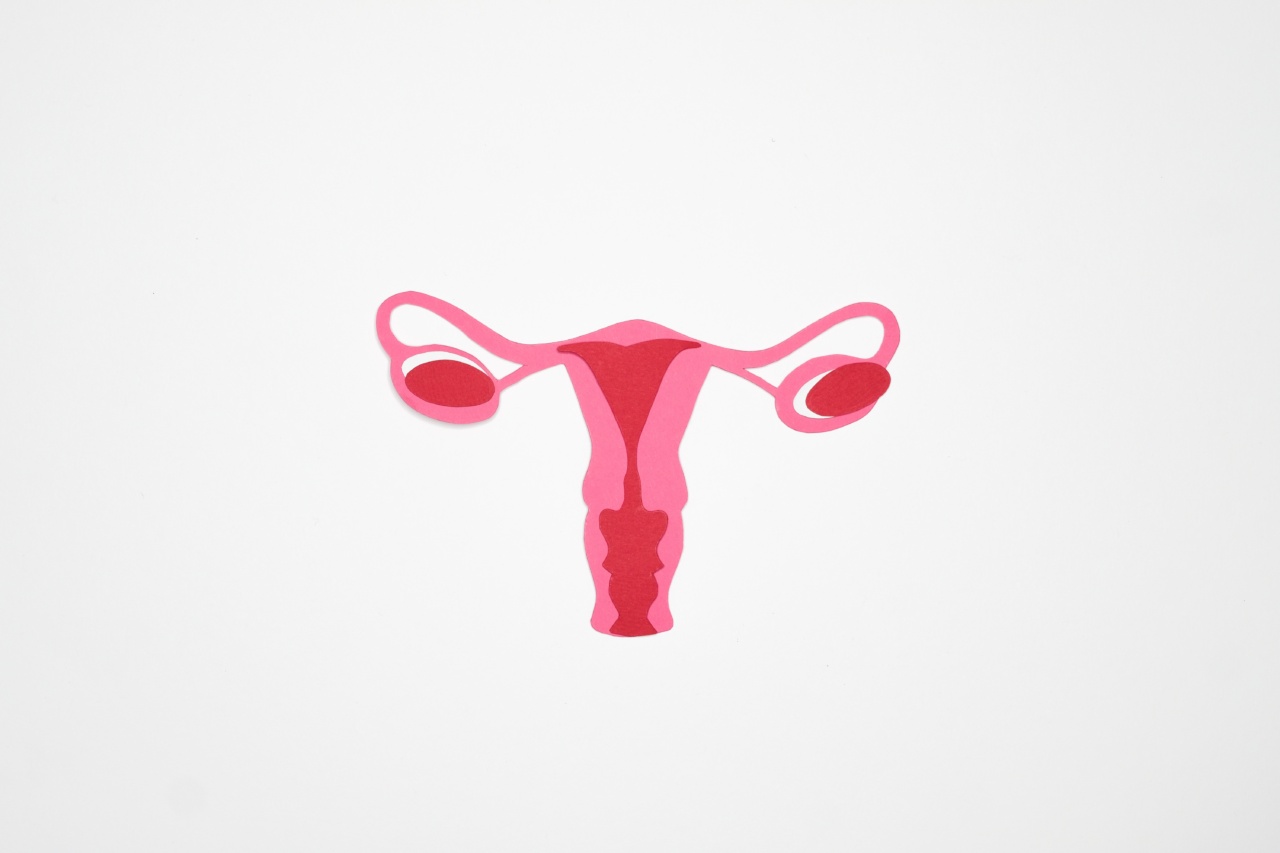Phytoestrogens refer to a group of natural compounds found in various plant foods. These compounds bear a structural resemblance to the hormone estrogen, which plays a significant role in a woman’s reproductive health.
Phytoestrogens come in different forms, including isoflavones, lignans, and coumestans, and can be found in foods such as soybeans, flaxseed, lentils, chickpeas, and many others.
What are the potential health benefits of phytoestrogens?
Phytoestrogens have been linked to several health benefits, including improvements in lipid profile, bone health, and menopausal symptoms.
Some studies suggest that phytoestrogens may also reduce the risk of hormone-related cancers, such as breast and prostate cancer. Phytoestrogens may also play a role in protecting the cardiovascular system by enhancing endothelial function and reducing inflammation.
What is the role of phytoestrogens in reproductive health?
The role of phytoestrogens in reproductive health is not clear-cut. Estrogen, a hormone produced mainly by the ovaries in women, plays a crucial role in the menstrual cycle, pregnancy, and lactation.
However, excessive estrogen exposure has been associated with various reproductive health conditions, including endometrial cancer, breast cancer, and uterine fibroids. Researchers have been studying whether phytoestrogens can mimic estrogen’s effects on the reproductive system and what impact that may have on reproductive health.
Can phytoestrogens affect fertility?
There is limited evidence to suggest that phytoestrogens can affect fertility.
Some studies indicate that high phytoestrogen intake may adversely affect menstrual cycle regularity and increase the risk of anovulation – a condition where ovulation does not occur. Other studies report no significant effect of phytoestrogens on fertility.
What is the impact of phytoestrogens on menopause?
Phytoestrogens have received much attention for their potential to alleviate menopausal symptoms caused by declining estrogen levels.
Hot flashes, night sweats, and vaginal dryness are common menopausal symptoms that can significantly affect a woman’s quality of life. Several clinical studies have shown that phytoestrogens may reduce the frequency and severity of hot flashes and improve vaginal dryness.
However, the evidence on the efficacy of phytoestrogens in alleviating other menopausal symptoms, such as mood swings and insomnia, is mixed.
Can phytoestrogens have a negative impact on male reproductive systems?
Phytoestrogens have been shown to have a weak estrogenic effect in men. Some studies suggest that high phytoestrogen intake may interfere with male sexual function by reducing testosterone levels and sperm quality.
However, the available data on the impact of phytoestrogens on male reproductive health are inconclusive.
What is the safe level of phytoestrogen intake?
There is no consensus on the safe level of phytoestrogen intake. The European Food Safety Authority (EFSA) has established a tolerable daily intake of 1 mg/kg body weight/day for one of the well-known phytoestrogen, genistein.
However, most studies do not provide a clear answer to how much phytoestrogen one can safely consume, and potential health implications associated with long-term intake of phytoestrogens remain a subject of debate.
Conclusion
Phytoestrogens are a group of naturally occurring compounds found in an array of plant foods that contain estrogen-like properties.
While research suggests that they may provide various health benefits, particularly for women experiencing menopausal symptoms, the impact of excessive phytoestrogen intake on reproductive health has also raised concerns. However, there is not enough evidence to set a safe upper limit for phytoestrogen intake, as studies have produced contradicting results.
Considering the conflicting evidence, regulatory bodies need to provide more specific guidelines with respect to phytoestrogen consumption.






























